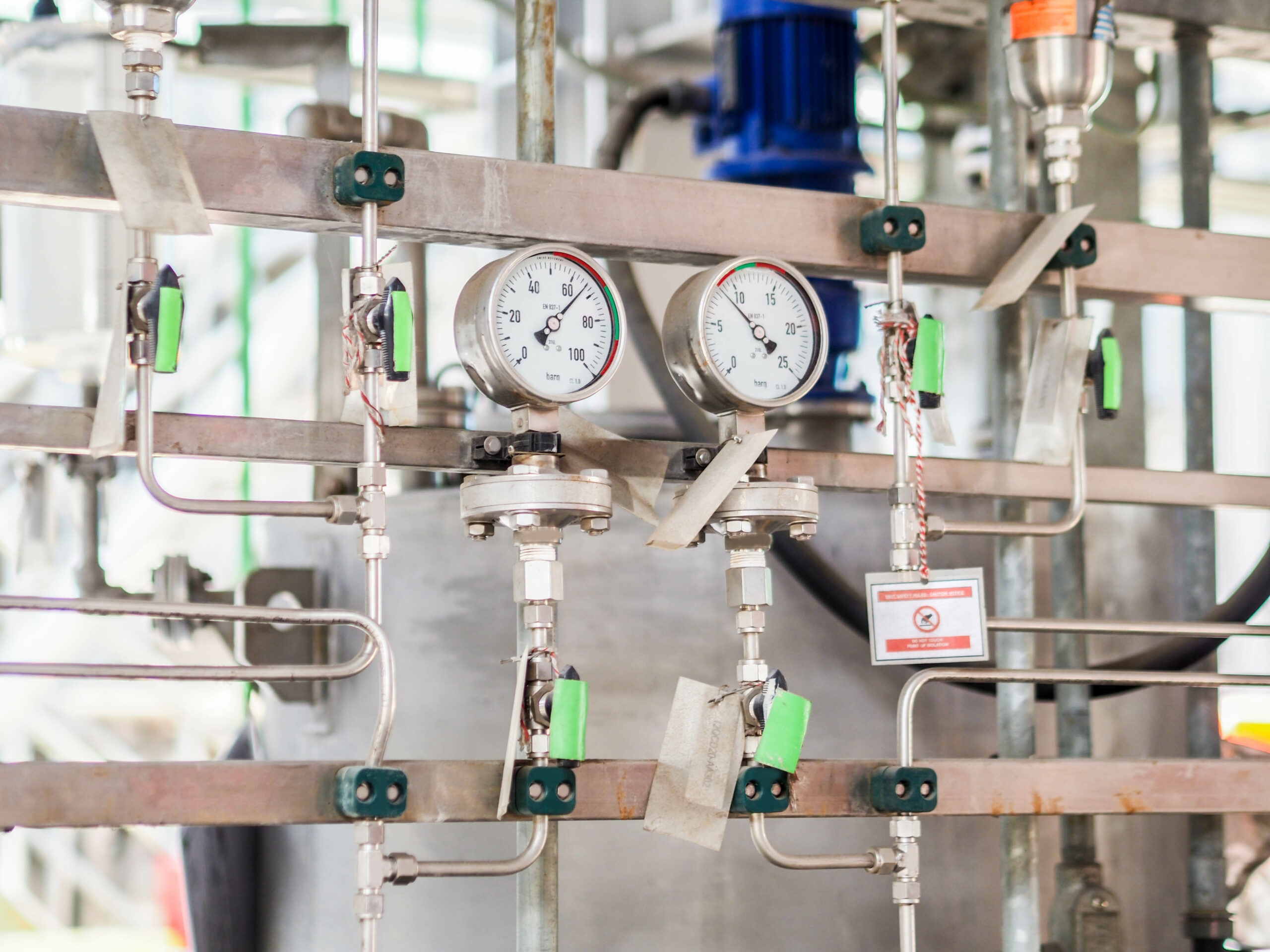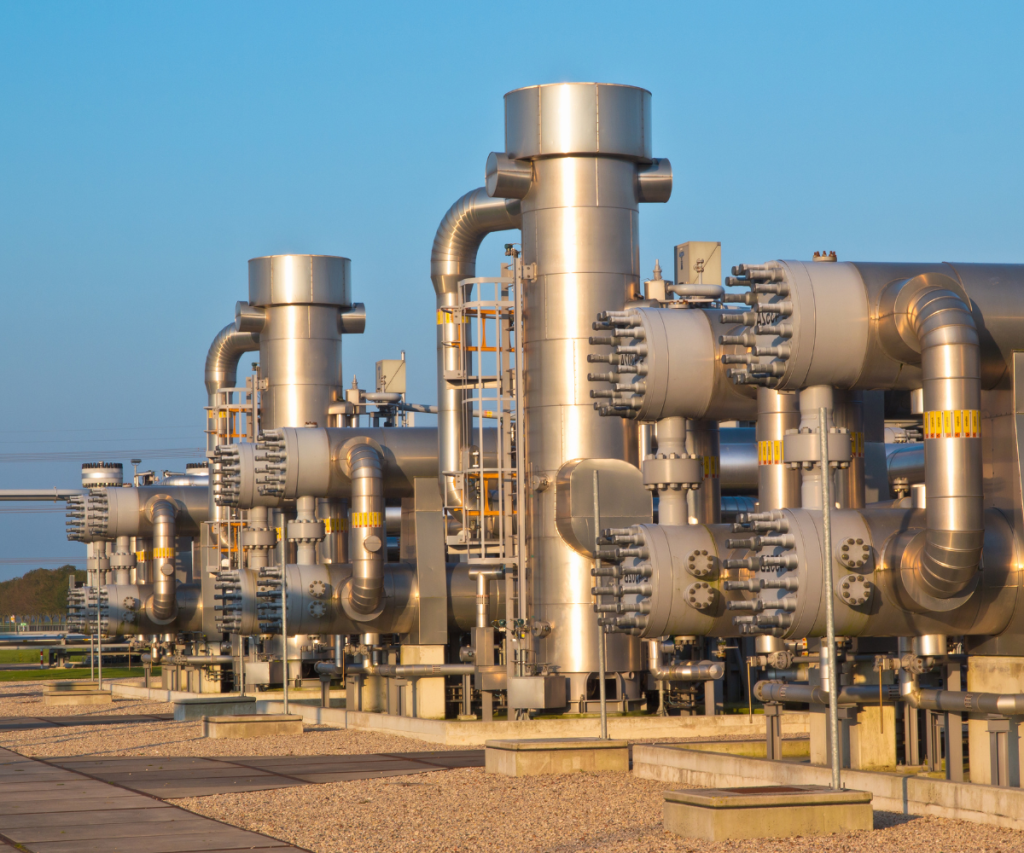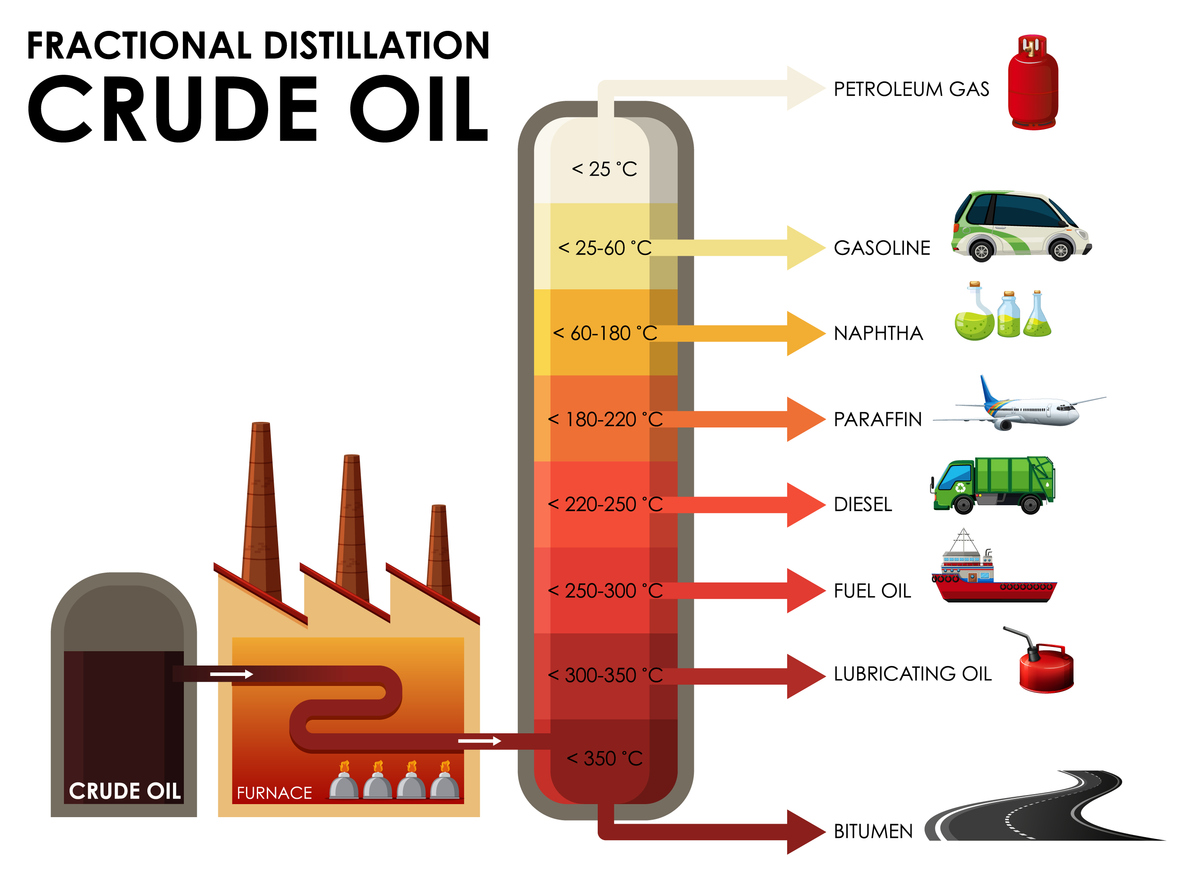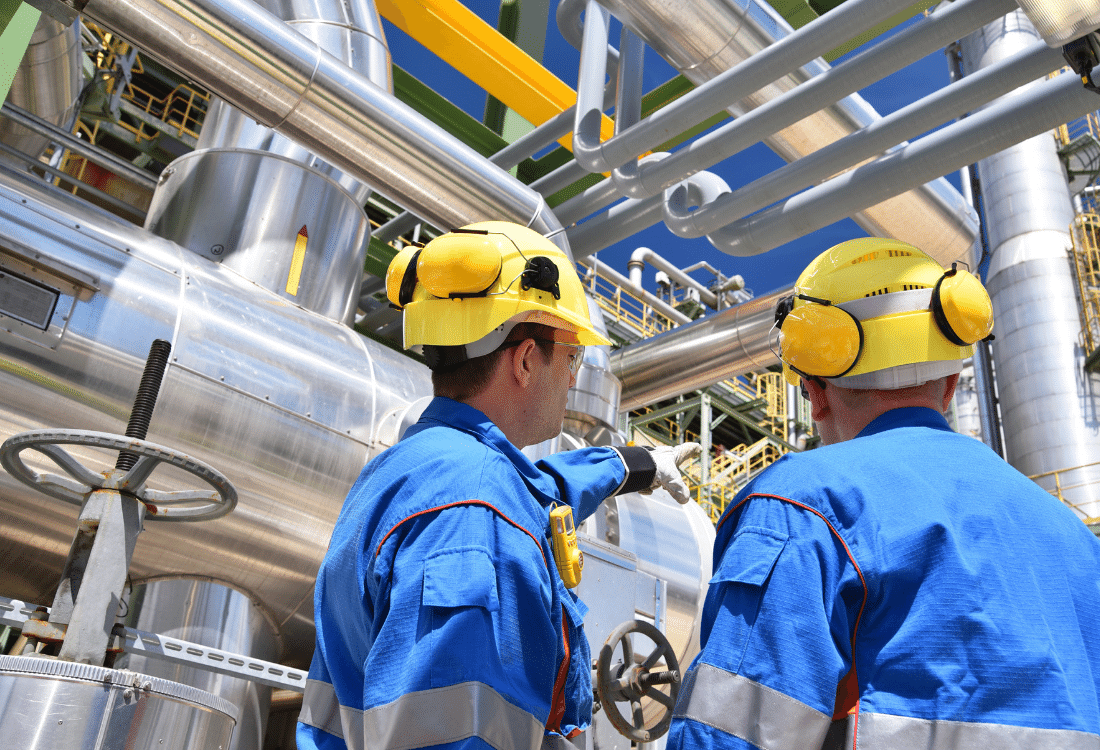
Course Description:
This course offers an essential overview of instrumentation and control systems used in industrial process operations, with a focus on oil and gas, petrochemical, and energy sectors. Participants will explore how various instruments measure key process variables such as pressure, temperature, flow, and level, and how control systems ensure safe and efficient operation. The course is ideal for technicians, engineers, and other professionals looking to strengthen their understanding of process automation and control strategies.
Learning Outcomes:
By the end of this course, participants will be able to:
-
Understand the basic principles of process measurement and instrumentation.
-
Identify common sensors and transmitters used for pressure, temperature, flow, and level measurement.
-
Interpret process and instrumentation diagrams (P&IDs).
-
Explain the function of controllers, control loops, and final control elements.
-
Understand the basics of PID control and tuning.
-
Recognize the importance of instrumentation in ensuring process safety and efficiency.
-
Gain an introduction to control system architectures such as PLC, DCS, and SCADA.

Course Description:
This course provides a focused overview of natural gas production, processing, and handling systems, covering the journey from the reservoir to the point of sale. It explains the physical and chemical properties of natural gas, common impurities, and the methods used to separate, treat, and transport it safely. Participants will gain practical knowledge of the equipment and processes involved in gas conditioning, dehydration, compression, and sweetening, with attention to operational safety and efficiency.
Learning Outcomes:
By the end of this course, participants will be able to:
-
Understand the origin, composition, and behavior of natural gas.
-
Identify key equipment used in gas production and processing.
-
Explain the principles of gas separation, dehydration, and sweetening.
-
Describe the gas compression process and its role in transport.
-
Recognize safety and environmental considerations in gas operations.
-
Analyze typical gas production flow schemes.
-
Gain insights into gas quality specifications and export requirements.

Course Description:
This course offers a detailed introduction to the processing of crude oil from the wellhead through various treatment stages to make it suitable for transportation and refining. It covers the key steps involved in crude oil separation, stabilization, desalting, storage, and export. Designed for professionals working in upstream and midstream sectors, this course highlights the equipment, operational principles, and safety aspects essential to efficient crude oil processing.
Learning Outcomes:
By the end of this course, participants will be able to:
-
Understand the characteristics and composition of crude oil.
-
Describe the separation process of oil, gas, and water at production facilities.
-
Explain crude oil stabilization and its importance.
-
Identify equipment used in desalting and dehydration processes.
-
Understand storage and export system requirements.
-
Recognize the impact of crude properties on processing and transport.
-
Apply basic operational and safety principles in crude oil treatment facilities.

Course Description:
This course provides a comprehensive introduction to the fundamental concepts of oil and gas production and processing. Participants will gain insights into the upstream production process—from reservoir to export—including exploration, drilling, well operations, separation, and treatment of oil, gas, and water. The course is designed for individuals seeking to understand the key components, operations, and safety considerations involved in oil and gas field production.
Learning Outcomes:
By the end of this course, participants will be able to:
-
Understand the stages of hydrocarbon production from reservoir to market.
-
Identify the main components of surface production facilities.
-
Describe the oil, gas, and water separation processes.
-
Recognize the roles of major equipment used in production operations.
-
Explain key safety and environmental considerations in oil and gas processing.
-
Develop a basic understanding of field operations, flow assurance, and production optimization.
- Teacher: Offshore SME